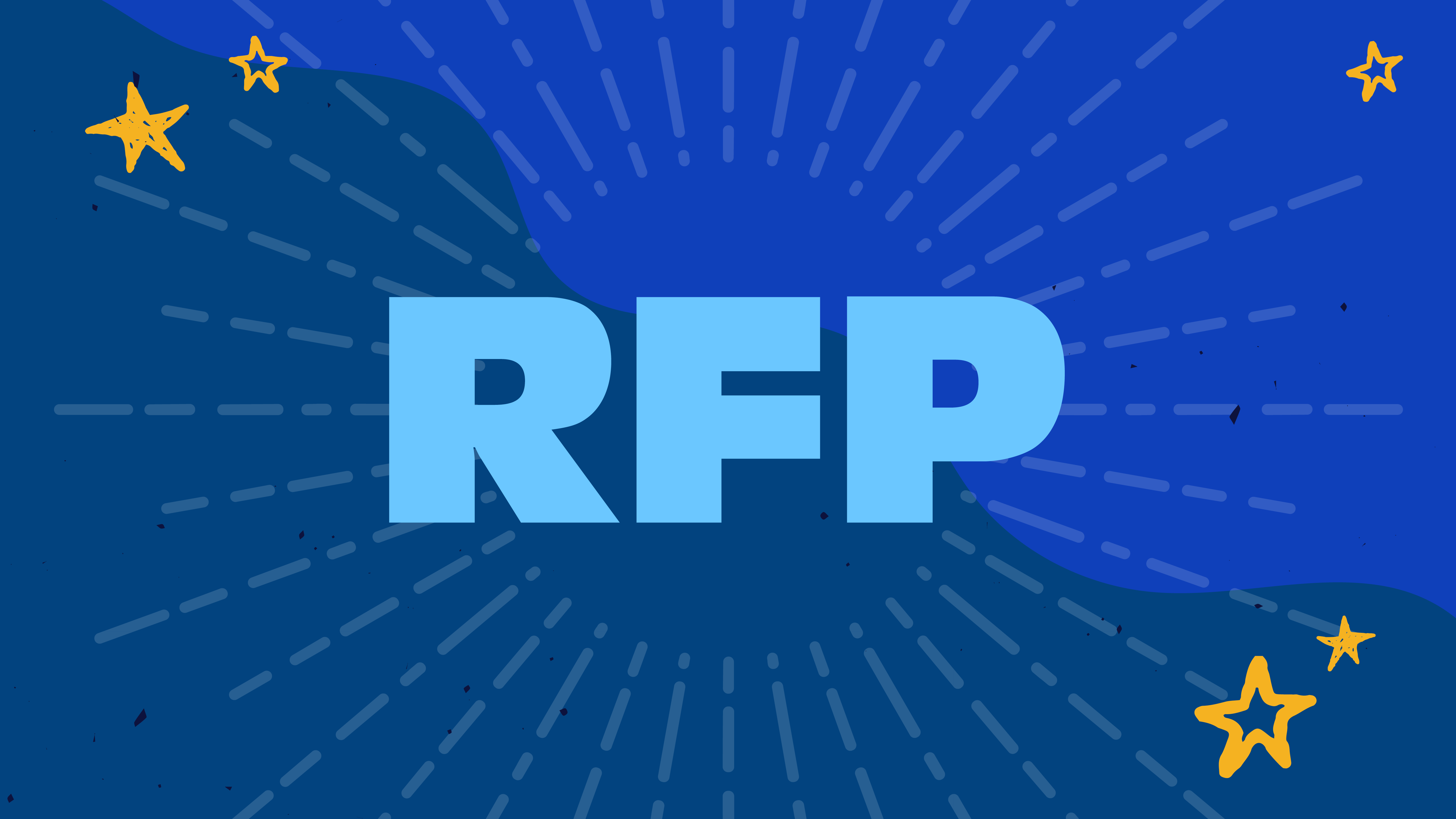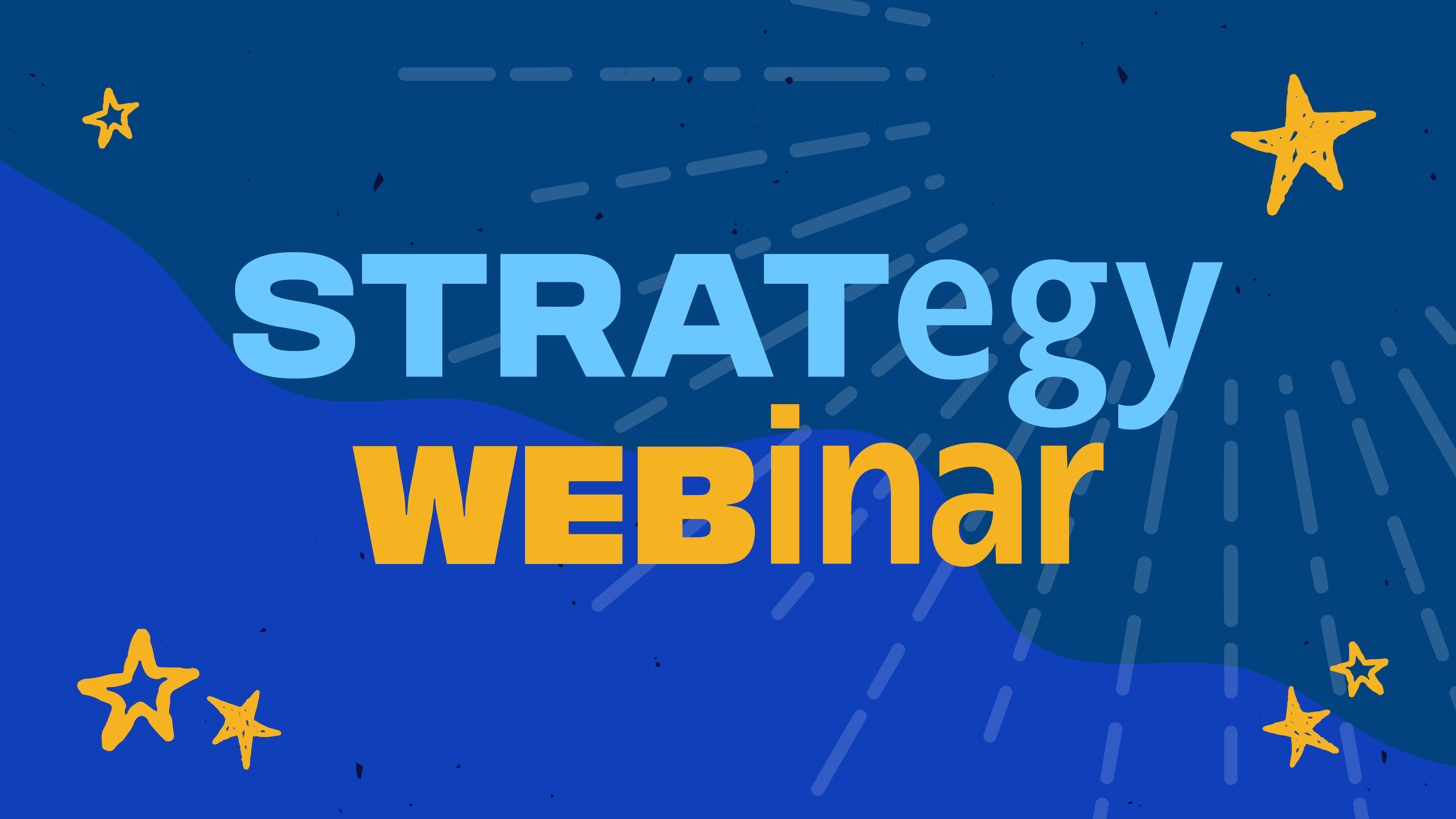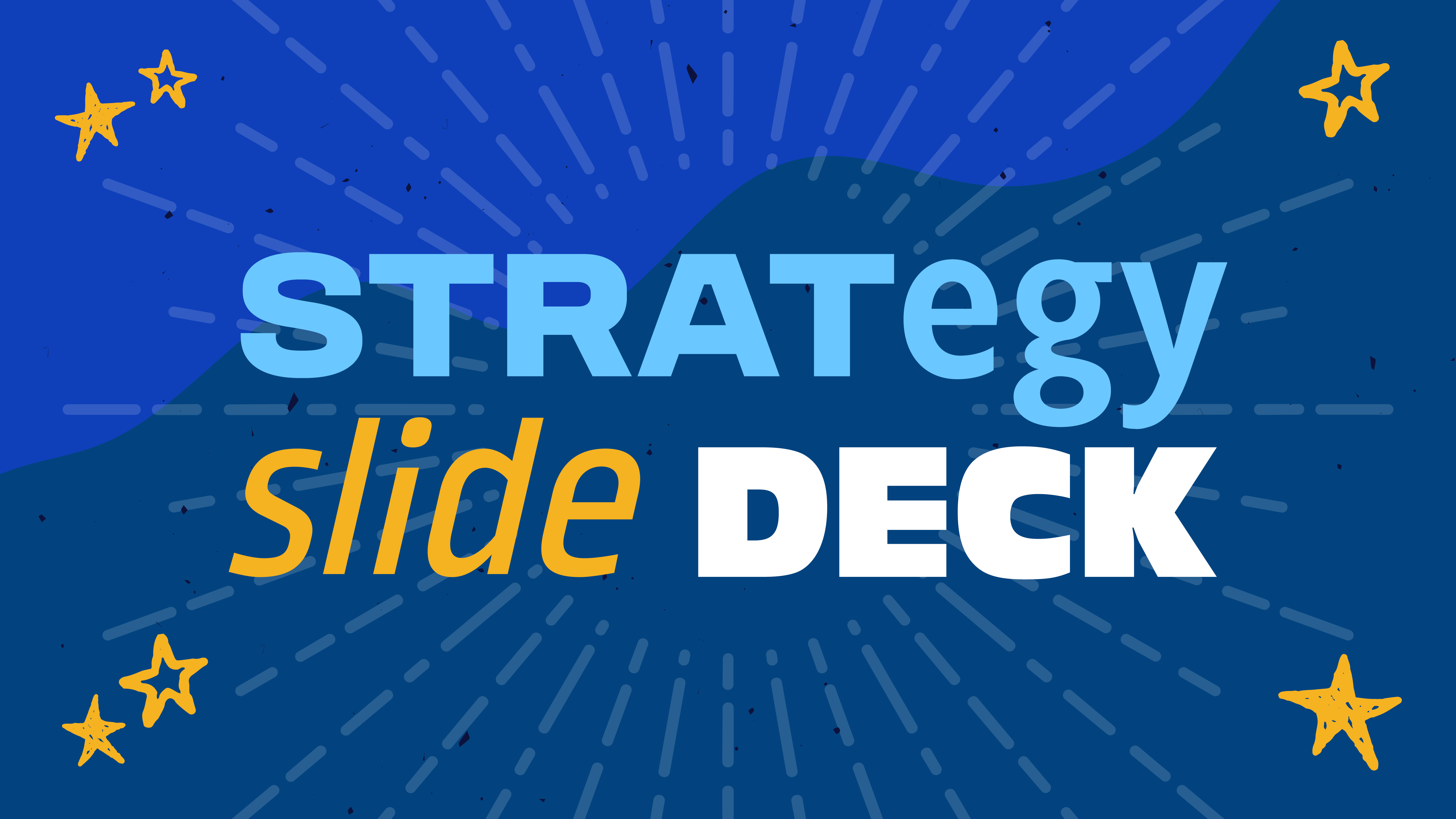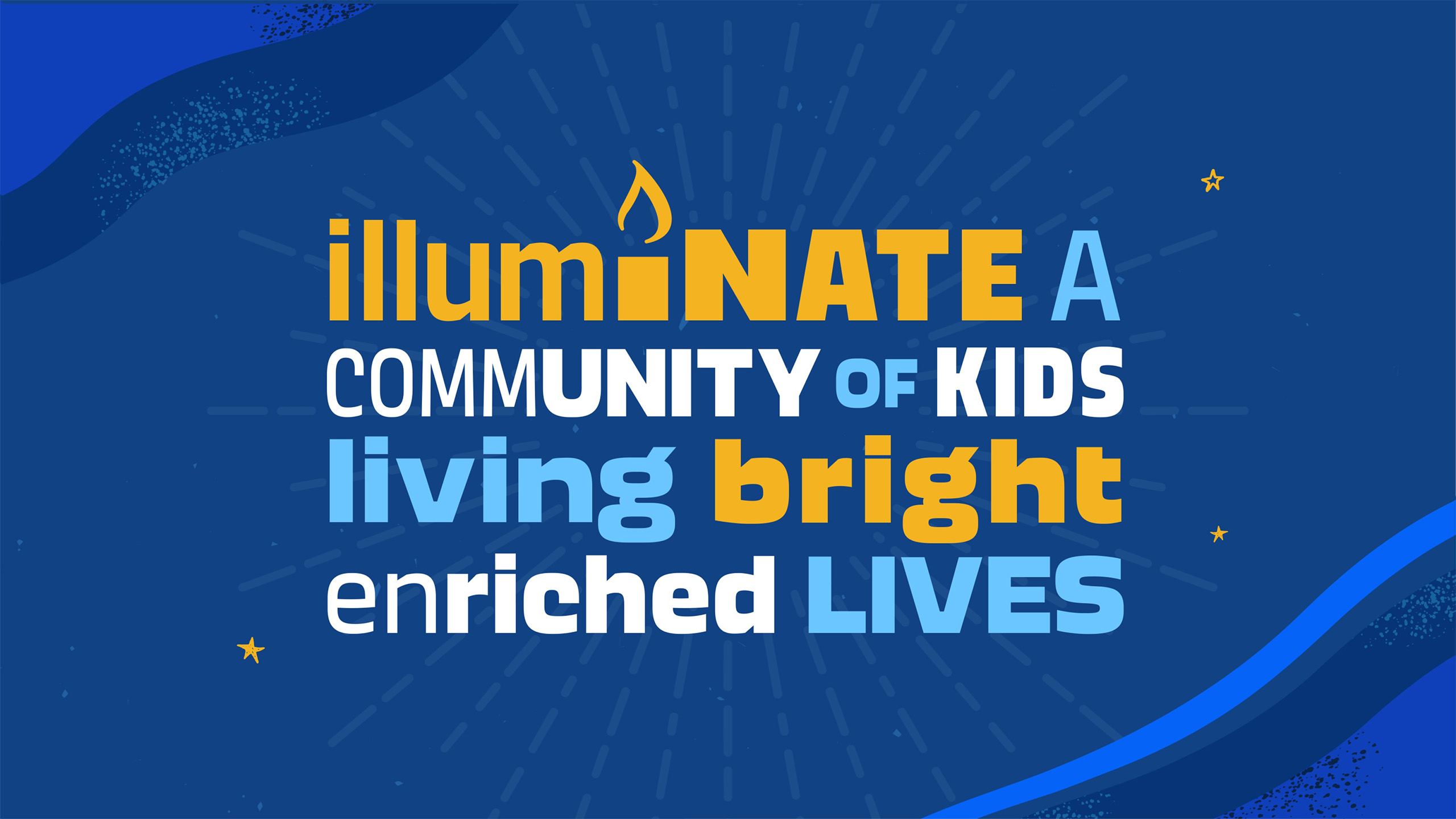Our North Star
Ensuring youth are ready to learn by supporting innovative, high-quality out-of-school time (OST) programs in Monroe and Ontario counties.
The Spark
Between before school, after school, weekends, breaks, and summer vacation, 87% of kids’ time (18 and under) is spent out of school. We want to challenge our partners to think big and creatively so we can create more OST programs for youth to learn new skills, connect deeper with peers and mentors, and have fun. Through more safe, enriching experiences, we can help kids feel ready to learn and flourish.
How We Can See It Through
Let’s expand equitable access and participation in high quality out-of-school-time programs to set youth up to thrive into adulthood. Here’s how we can achieve this, together:
-
1. Create more out-of-school time opportunities
We have great programs for our youth to learn and grow—but not enough. To increase access, we’ll support a range of programs for kids to learn and grow. Let’s try something new, together. Let’s work together to expand and create more innovative, engaging experiences.
-
2. Build grantee capacity
It’s critical that organizations of all sizes have breathing room to innovate and the resources to maintain quality as they grow. Capacity building, longer grant cycles, and general operating support are all key to success.
-
3. Make participation easy
To ensure youth who face the greatest structural barriers to involvement—and who may benefit the most—can attend regularly, let’s work together to find ways to make access and participation easy.
-
4. Listen to parents, caregivers, and youth
The people who these programs serve know themselves best. Let’s listen to these groups and incorporate their feedback into program design.
A vibrant community where kids flourish. Let’s go.
Have an idea for how to remove barriers and bring more personal growth and fun to kids in our community? We can’t wait to hear it. Let’s talk.
Let's TalkOST Full Year and After School Grants 2025 Request for Proposals
The Farash Foundation will partner with community-based organizations across Monroe and Ontario counties to invest in school year and full year out of school time programs that meet these needs through a broad range of fun and engaging programs.
All About the RFP Zoom Webinar
Tuesday, April 22, 2025
10:30am to 11:30am
To register, click here
In-person Application Technical Assistance Session
Tuesday, May 13, 2025
10am to 11:30am
To register, click here

Strategy Webinar
Gain a deeper understanding of the Foundation’s Out-of-School Time giving strategy and how your organization can work with us to enrich the 87% of time children aren’t in school. This recorded webinar shares why our giving strategy has changed, the new framework and criteria for giving, and how to most effectively partner with us.

Strategy Slide Deck
Our recorded webinar covers a lot of ground! Click below to download the slide deck we presented so you can follow along, take notes, or reference later.

Frequently Asked Questions
-
The Foundation’s previous strategy was focused on teacher pipeline and development of quality seats in the RCSD and charter schools. This new direction pivots from working on systems that mainly focus on adults to putting the child in the center. Because kids spend eighty-seven percent of their time out of school, we think there is a great opportunity to create more high-quality, out-of-school-time programs where they can learn new things, have some fun, and connect deeper with peers and adults. These things can help youth feel ready to learn and flourish wherever they are.
-
The funding will focus on programs that are not centered during the traditional school hours. We will consider requests that work with the schools but outside of the school day. This can include formal programs and clubs, but not field trips.
-
The advanced needs and opportunities for Rochester students will be a focus of the strategy, but the Foundation will consider requests that benefit students across Monroe and Ontario Counties.
-
The Foundation will not solely support transportation grants. We would be interested in learning how transportation is a barrier and creative ways we can work together on solutions. This could be through advocacy, policy, collaborations, and alternative locations.
-
Any community-based organization is eligible for funding as long as it works with youth outside of the traditional school day. The type of programs we will prioritize work with youth and families on incorporating their feedback. The content of the program can including recreational, academic, social, arts, employment, etc., and there is not a requirement on the number of hours, days or weeks the youth are involved.
-
At this time, the Foundation will not seek to make education grants outside this strategy.
-
Yes! We do not require collaboration for a grant to be successful, but welcome all types of collaborations, affiliations and other creative ways to work across organizations and systems.
-
The program does not need to be academic, but there should be some educational component to the program. Often this looks like experiential learning. There are many national resources that define quality programs, to which we can direct your attention. For the Foundation, our basic quality standards involve strong leadership, fostering meaningful and healthy relationships with the youth, and safe intentional learning.
-
The programs can be new—a new organization, a new idea from an existing organization. They can also be developed programs that seek to expand.
-
There is not one type of grant. We will be awarding a mix of one-time grants, annual grants, and multi-year grants. The amounts will be determined based on the request, the budget scope, the Foundation’s budget, and the intended impact of the grant.
-
The Foundation will use a mix of Request for Proposals (RFPs) for targeted investments, rolling applications that can be submitted at any time, and invited requests. If you have an idea for a grant, reach out to Todd Waite to understand the best course of action for an application.
-
- Grants must benefit residents of Monroe or Ontario Counties and be tax exempt under Section 501(c)(3) of the Internal Revenue Service Code of 1986.
- They cannot be classified as private foundations or Type III supporting organizations under Section 509 of the Code.
- Grants cannot be used for research, grants or scholarships for individuals, or lobbying or attempts to influence legislation.
More information can be found on our Grantseeker Resources page. Or give us a call.

